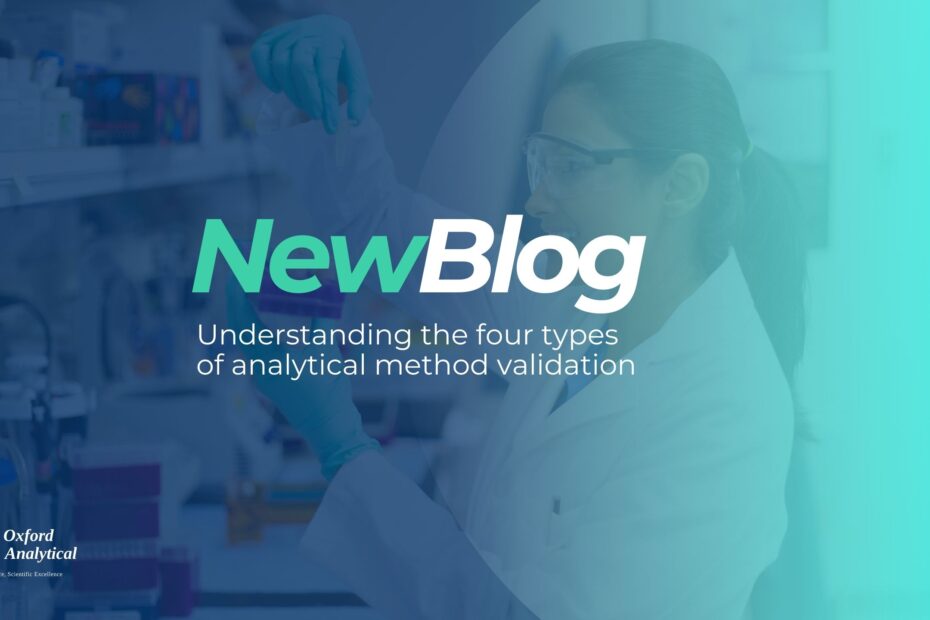Analytical method validation serves as a critical process to guarantee that the methods used for testing various substances are fit for purpose and yield trustworthy results. In this blog, we will delineate four key types of method validation crucial for maintaining quality standards and achieving regulatory compliance. Let’s delve into each of these types to gain a comprehensive understanding of their significance and implementation.
Analytical Method Validation Accuracy
Analytical method validation serves as a critical process to guarantee that the methods used for testing various substances are fit for purpose and yield trustworthy results. In this blog, we will delineate four key types of method validation crucial for maintaining quality standards and achieving regulatory compliance. Let’s delve into each of these types to gain a comprehensive understanding of their significance and implementation.
Precision
Precision validation focuses on the consistency and repeatability of analytical measurements under varying conditions. It encompasses both within-laboratory precision (repeatability) and between-laboratory precision (reproducibility). Precision is often evaluated through replicate analyses of homogeneous samples, calculation of standard deviations, and statistical tests such as the analysis of variance (ANOVA). Tight control over precision ensures that the method can reliably detect changes in analyte concentrations over time or across different samples, thereby enhancing the method’s utility in practical applications.
Specificity
Specificity validation determines the ability of the method to accurately measure the analyte of interest in the presence of potential interference or matrix components. It involves assessing potential cross-reactivity with closely related compounds and evaluating selectivity against background noise or impurities. Techniques such as chromatographic separation, spectral analysis, and immunoassays are employed to ascertain specificity.
By confirming the method’s ability to differentiate the target analyte from interfering substances, specificity validation mitigates the risk of false positive or false negative results, thereby enhancing the method’s reliability and applicability.
Linearity and Range
Linearity and range validation establish the linear relationship between analyte concentration and the corresponding response from the analytical instrument over a specified range. This validation type verifies the method’s ability to provide accurate and consistent results across a range of analyte concentrations relevant to the intended application. Validation experiments involve analysing multiple calibration standards spanning the anticipated concentration range and assessing the regression linearity, correlation coefficient, and residual analysis. A well-defined linear range ensures the method’s suitability for quantifying analytes at various concentration levels, thus meeting the diverse needs of analytical testing.
The Future of Analytical Method Validation
Looking towards the future, the field of analytical method validation is poised for remarkable advancements driven by cutting-edge technologies and innovative approaches. Emerging trends such as the integration of artificial intelligence (AI) and machine learning algorithms promise to revolutionise validation processes by enabling predictive modelling, optimization, and real-time monitoring of analytical performance. Additionally, there is a growing emphasis on the development of rapid, high-throughput methods capable of analysing complex samples with greater efficiency and sensitivity.
Expertise and commitment to innovation is at the forefront of these exciting developments. Here at Oxford Analytical we empower researchers and industry professionals to stay ahead of the curve in analytical method validation. Their comprehensive suite of services, including consultancy, training, and method optimisation, ensures that clients are equipped with the tools and knowledge needed to navigate the evolving landscape of analytical sciences with confidence and success.

